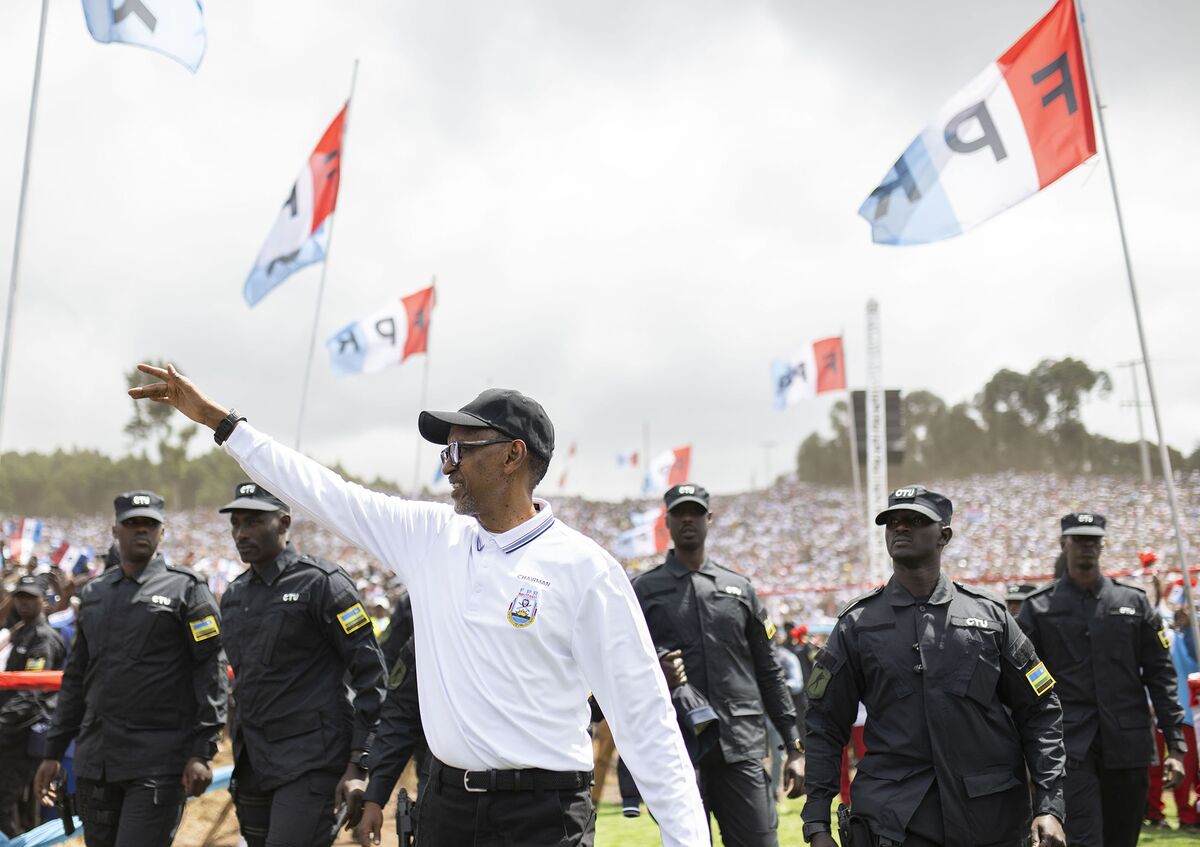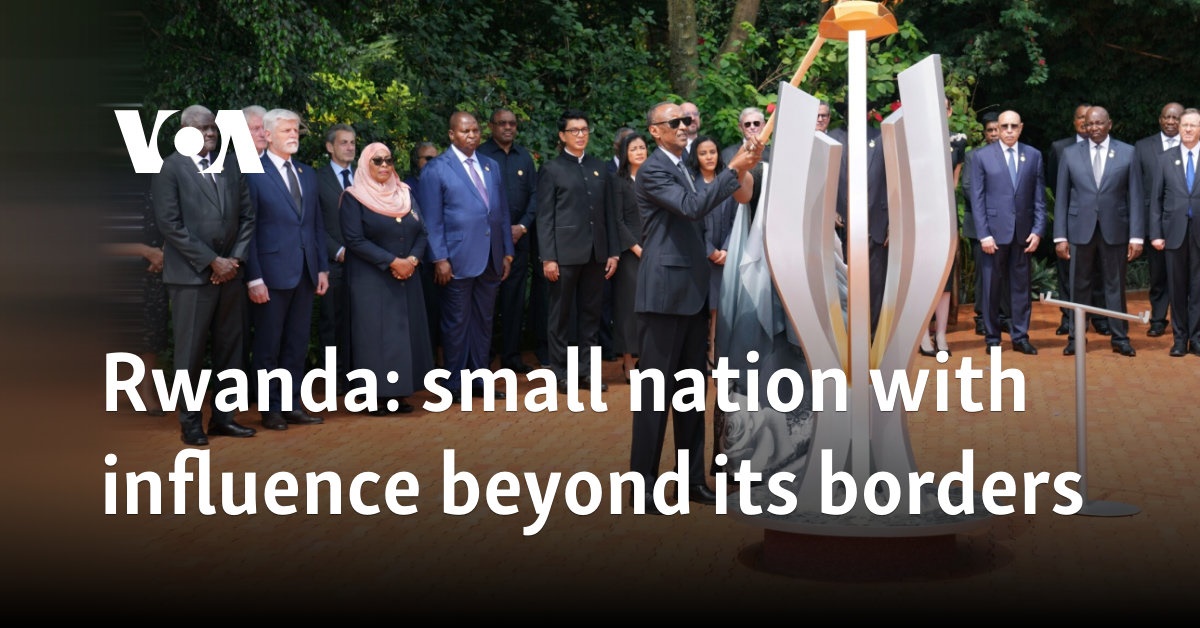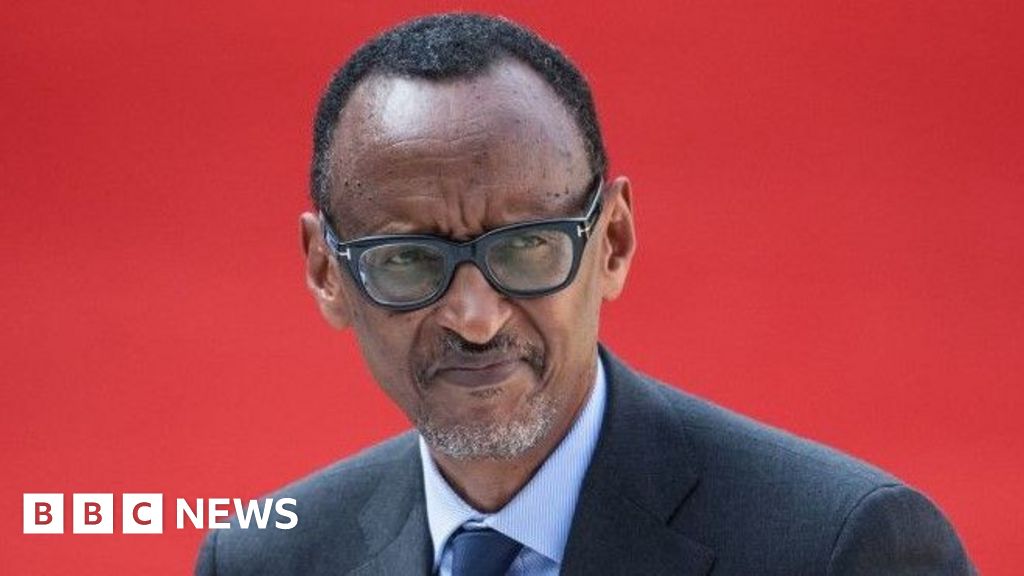
Rwanda, a small African nation with significant influence and strategic importance, is set to hold elections on July 18, 2024. The incumbent president, Paul Kagame, who has been the de facto leader since the end of the genocide in 1994 and is running for a fourth term, faces virtually no opposition. In recent weeks, there have been reports of encrypted audio sessions between Serbian activists and Rwanda's last remaining opposition party, Dalfa-Umurinzi, discussing non-violent ways to oust autocratic leaders. However, the outcome of the election is widely expected to be a landslide victory for Kagame and his ruling Rwandan Patriotic Front (RPF) coalition.
Despite polling dismally in previous elections, two opposition candidates, Frank Habineza of the Democratic Green Party and Philippe Mpayimana, are running against Kagame. Several other candidates were barred from running due to weak campaign structures or lack of support. The vote is being held amid escalating tensions between Rwanda and its neighboring countries, particularly the Democratic Republic of Congo (DRC), where Rwandan troops are accused of backing the M23 rebel group.
Rwanda's influence extends beyond its borders due to its military might, image branding, and political influence. The country has played a murky role in regional instability, particularly in the DRC. Kagame's diplomacy has been praised for overseeing stability in Rwanda and promoting development opportunities. However, his human rights record and political freedoms have been criticized by international organizations such as Amnesty International and the FDU-Inkingi party.
Despite facing little opposition at home, Kagame's presidency has not gone unchallenged. In the past, he has faced criticism from opposition figures like Victoire Ingabire and Diane Rwigara. The United States government and the United Nations have also expressed concerns over human rights violations in Rwanda.
As Kagame seeks another term in office, his opponents and critics continue to call for greater political freedoms and transparency. The outcome of the election will be closely watched by observers around the world, as Rwanda's influence continues to grow beyond its borders.






